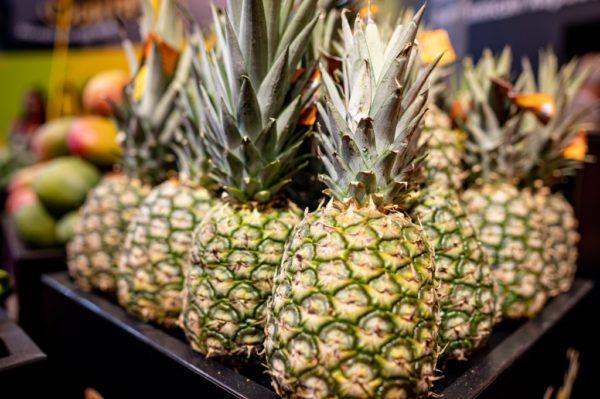(MENAFN- Brazil-Arab News Agency (ANBA))

São Paulo – The Flora Group, which specializes in producing pineapple juice concentrate , got the halal certification for its plant based in Floresta do Araguaia, Pará. Founded by Italians in Brazil in 1998, the company was already born with an emphasis on exporting and ships 90% of its output to over 20 countries, particularly across Europe, the Middle East, and Asia.
flora group Operations manager Leonardo Magalhães told ANBA the halal certification is mandatory to enter some countries.“In Singapura, the halal certification is required for customs clearance, and we seek to expand our share in the Middle East,” Magalhães said. Singapura isn't an Islamic-majority country, but a large part of its population is Muslim.
This isn't the first time the Flora Group gets a halal certificate.“We'd already been certified by Cdial Halal for two cycles [six years], then we spent a year without it [in 2022], and now we got it back as the demand from these countries bounced back,” he said. In 2022, there wasn't much demand from countries that required the certification.
The juice has no added ingredients or preservatives – it's just the fruit, which means it can't be mistaken for or even be not halal.“But we see the importance of the religious certification for some countries, so it makes sense for us to be certified. It's a trade issue, and it opens the doors for these markets,” he said.
In possession of the halal certification, the group wants to increase its market share in the Middle East.“We know this region consumes a lot of juice, and we want to ship to the whole world and boost quantities, as well as diversifying market to be less vulnerable to regional market fluctuations,” the manager said.
Out of the Arab countries , the group exports to Saudi Arabia, the United Arab Emirates, Oman, Qatar, and Morocco.“In Europe, although Islamism isn't the dominant religion, this is sought-after certification,” he said. The company exports to Iran, too.
Flora uses Pérola pineapple to manufacture concentrate juices, which serve as basis for the food industry to produce juices, soft drinks, ice creams, and other products. The group grows organic pineapples in Floresta do Araguaia , Pará, where they have a processing plant to manufacture whole and concentrate juice, as well as organic juice . Floresta do Araguaia is the largest manufacturer of Pérola pineapple in Brazil. The group's own farm grows organic pineapples, but they also buy the fruit from other local farmers.
The company also runs an management, supply and distribution center in Pouso Alegre, Minas Gerais, and another processing plant in Miranorte, Tocantins, where it also manufactures mango, passionfruit and guava juices.
What makes the group stand out from others, Magalhães says, is that it specializes in pineapple and lead this market, as well as having major food industry certifications.“We are SGS's FSSC 22.000 certified, and we also participate in the SGF voluntary control system,” he added.
Translated by Guilherme Miranda
The post pineapple juice from brazil gets halal certified appeared first on agência de notícias brasil-árabe .